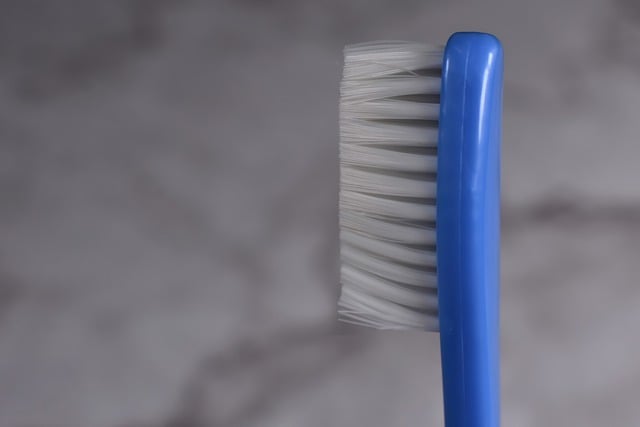Maintaining Oral Health for Pets: A Comprehensive Guide
As pet owners, we strive to provide the best possible care for our furry friends. However, maintaining oral health often takes a backseat to other aspects of pet care. Poor oral health can lead to a range of issues, from bad breath and yellowing teeth to more serious problems like gum disease and tooth loss. In this article, we will delve into the importance of maintaining oral health for pets, discuss common oral health issues, and provide practical tips on how to keep your pet’s mouth healthy and happy.
Dental Care: The Foundation of Oral Health
Good dental care starts with regular brushing and dental check-ups. Just like humans, dogs and cats need their teeth cleaned regularly to prevent tartar buildup and gum disease. According to the American Veterinary Dental College, 85% of the general population suffers from some form of periodontal disease, which can lead to tooth loss and systemic infections.
Regular Brushing: A Simple yet Effective Way to Maintain Oral Health
Brushing your pet’s teeth is an essential part of their oral health routine. Just like humans, dogs and cats need regular brushing to remove plaque and tartar from their teeth. Using a dog-specific toothbrush and dental chews or toys can help make the process easier and more enjoyable for both you and your pet.
Ensuring Your Pet Gets Enough Exercise is also important, as regular exercise can help improve circulation and reduce the risk of obesity, which is a major contributor to oral health problems.
Common Oral Health Issues in Pets
1. Periodontal Disease: This is one of the most common oral health issues in pets. Periodontal disease occurs when plaque and tartar build up on the teeth, leading to inflammation of the gums and potentially causing tooth loss.
2. Bad Breath: Persistent bad breath in your pet can be a sign of an underlying oral health issue. Regular dental check-ups can help identify the source of the problem.
3. Yellowing Teeth: Yellowing teeth can be caused by tartar buildup or gum disease.
Addressing Pet Aggression Safely
While maintaining oral health is crucial for your pet’s overall well-being, it’s equally important to address any underlying behavioral issues that may contribute to their aggression. Addressing Pet Aggression Safely can help you create a safer and more enjoyable environment for both you and your pet.
Preventing Oral Health Issues
1. Regular Brushing: Brushing your pet’s teeth regularly can help prevent tartar buildup and gum disease.
2. Dental Check-Ups: Regular dental check-ups can help identify oral health issues early on, allowing for prompt treatment and prevention of more serious problems.
3. Dental Chews and Toys: Using dental chews or toys can help remove plaque and tartar from your pet’s teeth.
4. A Balanced Diet: A balanced diet that includes a mix of protein, vitamins, and minerals can help maintain good oral health.
Dental Care Information for Professionals | Dentalcare.com provides comprehensive information on dental care for pets, including tips on how to brush your pet’s teeth and prevent common oral health issues.
Conclusion
Maintaining oral health for your pet is a crucial aspect of their overall well-being. By incorporating regular brushing, dental check-ups, and preventative measures into your pet’s care routine, you can help prevent common oral health issues and ensure a healthier, happier pet. Remember to also address any underlying behavioral issues that may contribute to your pet’s aggression.
As part of our commitment to providing comprehensive information on pet care, we have compiled a list of additional resources below:
VA Dental Care | Veterans Affairs provides access to dental care services for eligible veterans.
